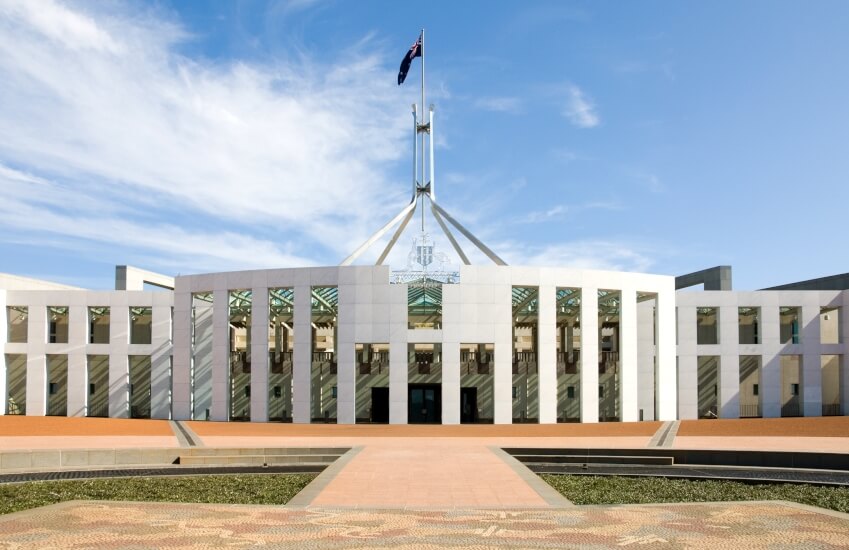The bill reintroduces an employer shortfall exemption certificate for high-income earners with multiple employers, a measure to include the outstanding value of limited recourse borrowing arrangements in the total super balance for certain SMSF members and also extends the existing non-arm’s length income rules to capture non-arm’s length expenses.
You’re out of free articles for this month
The SG amnesty, which was intended to provide employers with a 12-month window to rectify past SG non-compliance, has not been included in this bill.
Despite the SG amnesty not progressing, the ATO had earlier revealed a “10 to 15 per cent” increase in employers coming forward with outstanding super guarantee obligations since the measure was first announced on 24 May 2018.
Treasury Laws Amendment (2019 Tax Integrity and Other Measures No. 1) Bill 2019 has also been introduced.
The bill contains measures to deny the use of small business CGT concessions to partners who undertake Everett assignments, deny deductions for costs related to holding vacant land, extend the anti-avoidance rule to family trusts, allow the ATO to disclose the business tax debt information of a taxpayer to credit reporting bureaus, and to ensure that an individual’s salary sacrifice contributions cannot be used to reduce an employer’s minimum superannuation guarantee (SG) contributions.
Changes to NALI rules
The changes to non-arm’s length income (NALI) restructure section 295-550 of the Income Tax Assessment Act, which is the section of the act that deals with NALI.
SuperConcepts general manager of technical services and education Peter Burgess previously explained that, under the current law, if an SMSF receives income that is higher than what you would expect it see if the parties were dealing with arm’s length, then all of that income is taxed as NALI.
“In other words, the fund has to pay 45 per cent tax on that income in the fund,” he said.
“Now, if this measure comes in, even if that income is on arm’s length terms, the income will still be taxed as NALI if the fund does not incur an expense on arm’s length terms in relation to that income.”
Assistant Treasurer Michael Sukkar said extending the NALI rules to capture non-arm’s length expenses will ensure that superannuation funds can’t circumvent the contribution caps by using non-arm’s length expenditure to inflate their overall income.
“For example, by borrowing money from a member at a reduced interest rate,” he said.
TSB measure for LRBAs
The measure to include the outstanding balance of an LRBA to an individual’s total superannuation balance will apply to LRBAs that were commenced on or after 1 July 2018.
However, the increase only applies to members who have satisfied a relevant condition of release with a nil cashing restriction or those with a related-party loan.
Mr Sukkar said the measure will stop these members using LRBAs to circumvent the $1.6 million limit on non-concessional contributions.
SG opt-out measure
The bill also contains the SG opt-out measure which will enable high-income earners with multiple employers to opt out of receiving some SG contributions.
Currently, employees can inadvertently breach the concessional contributions cap from compulsory contributions where they have multiple employers.
The measure will allow certain employees to avoid this outcome by applying to the Commissioner of Taxation for an exemption certificate in relation to at least one of those employers.
A certificate will mean that their employer does not have to make superannuation guarantee contributions for them for up to one year. It will also mean that employees are not forced to breach their concessional cap.
“Instead, these employees can choose to negotiate with their employer to receive the higher remuneration,” Mr Sukkar said.
To be eligible for a certificate, an employee must be likely to have excess concessional contributions for the financial year and have at least one other employer who is required to make superannuation guarantee contributions for them in that year.
This email address is being protected from spambots. You need JavaScript enabled to view it. and This email address is being protected from spambots. You need JavaScript enabled to view it.

 Login
Login






